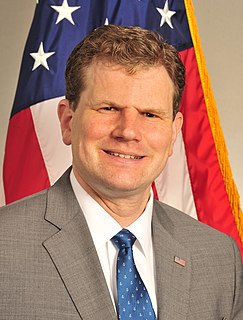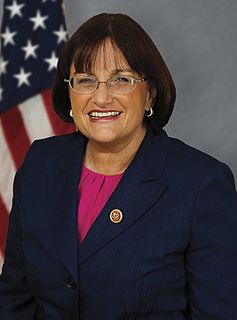A Quote by Mike Braun
Aside from true emergencies, most health care decisions are shoppable.
Quote Topics
Related Quotes
Most of the people who make decisions about global health are in the U.S. and Western Europe. There, the mental health care system is dominated by highly trained, expensive professionals in big hospitals, who often see patients over long periods of time. This simply can't be done in rural Africa or India. Who the hell can afford that kind of care?
We have to remember that it's usually women who are making the health care decisions for their families.... True equality would mean making sure that there's equity in terms of how insurance reimburses certain procedures; making sure that we have preventative care that's covered so women can get their mammograms and Pap screens without extra charges.
































